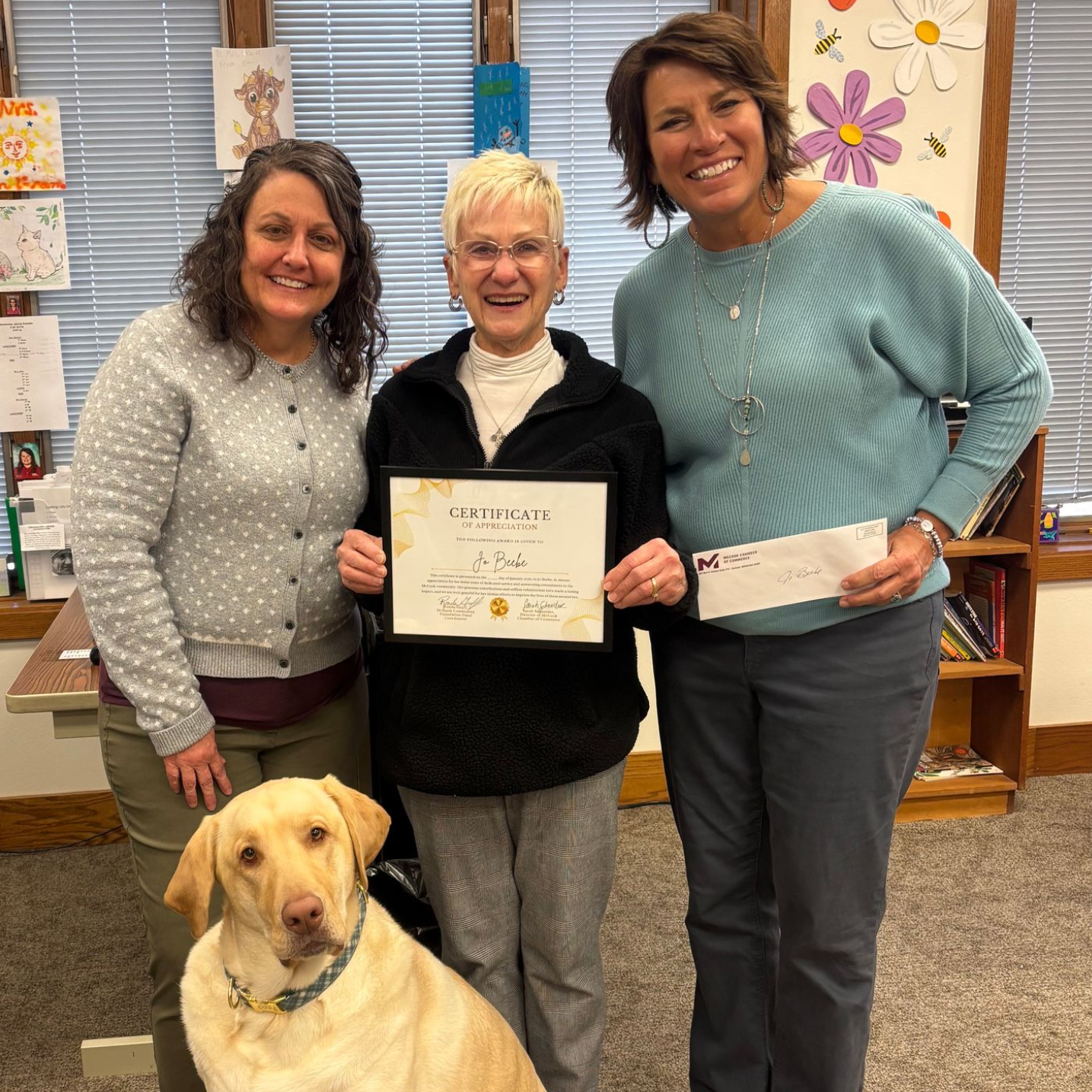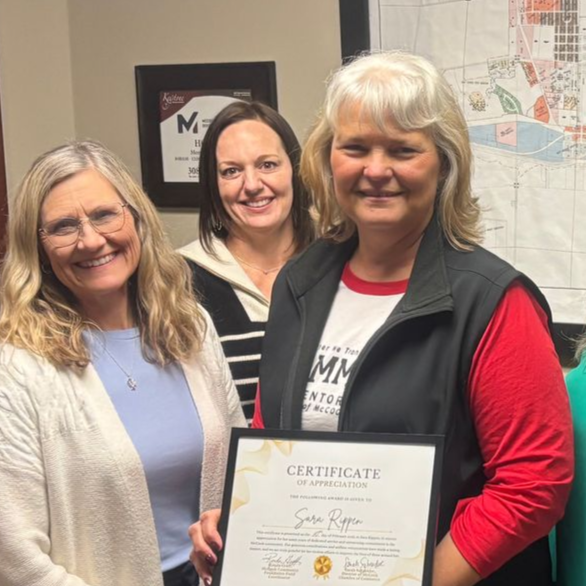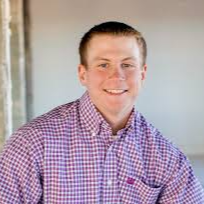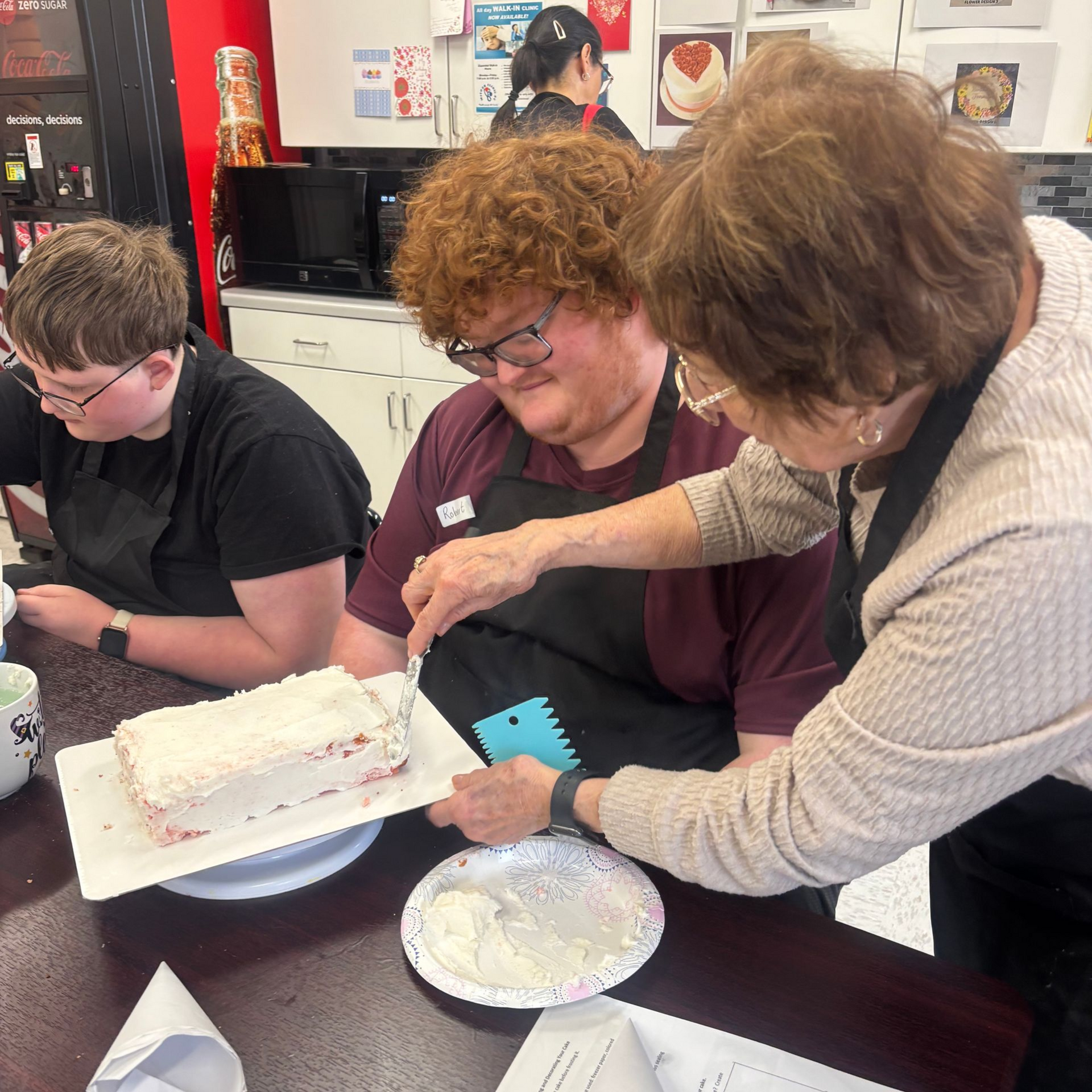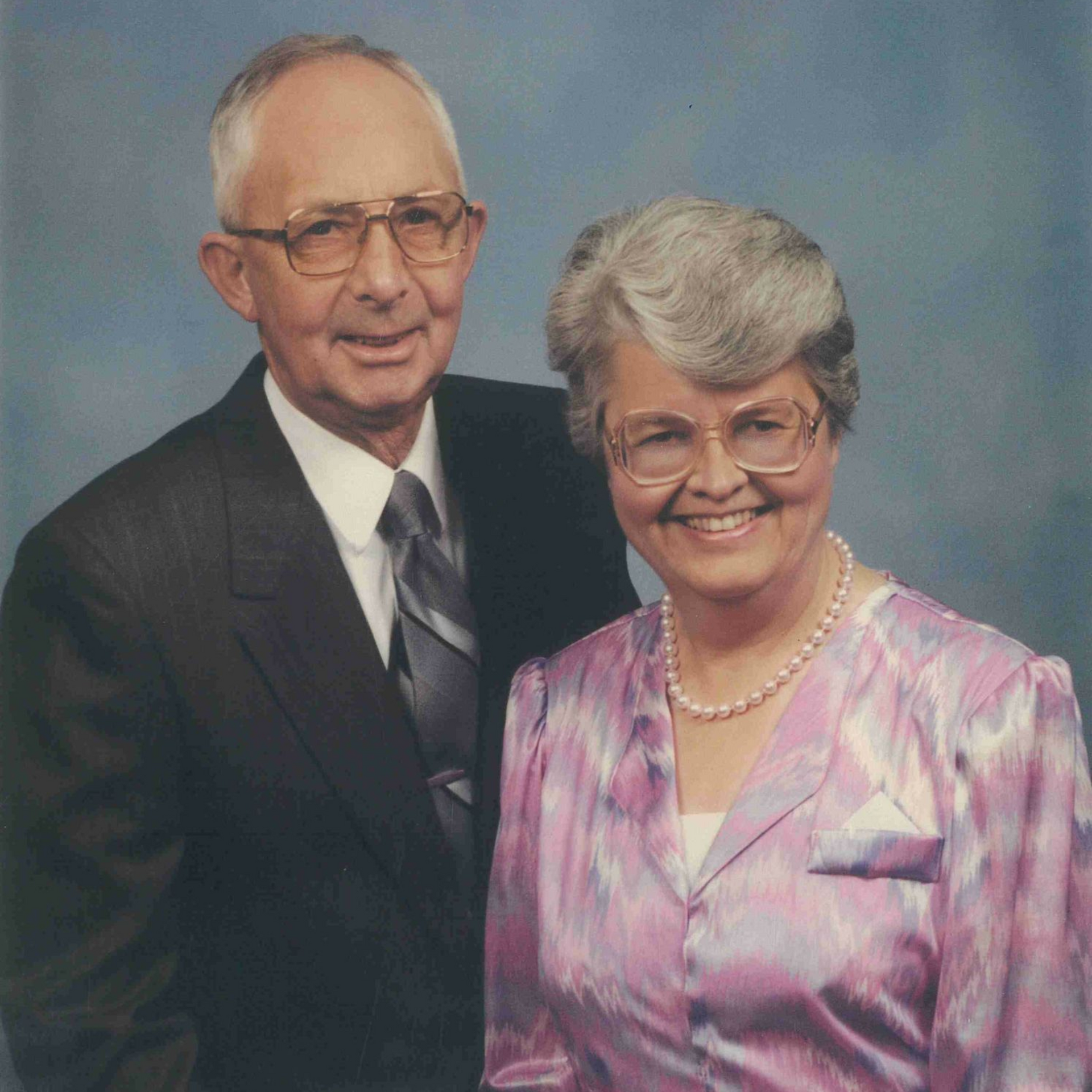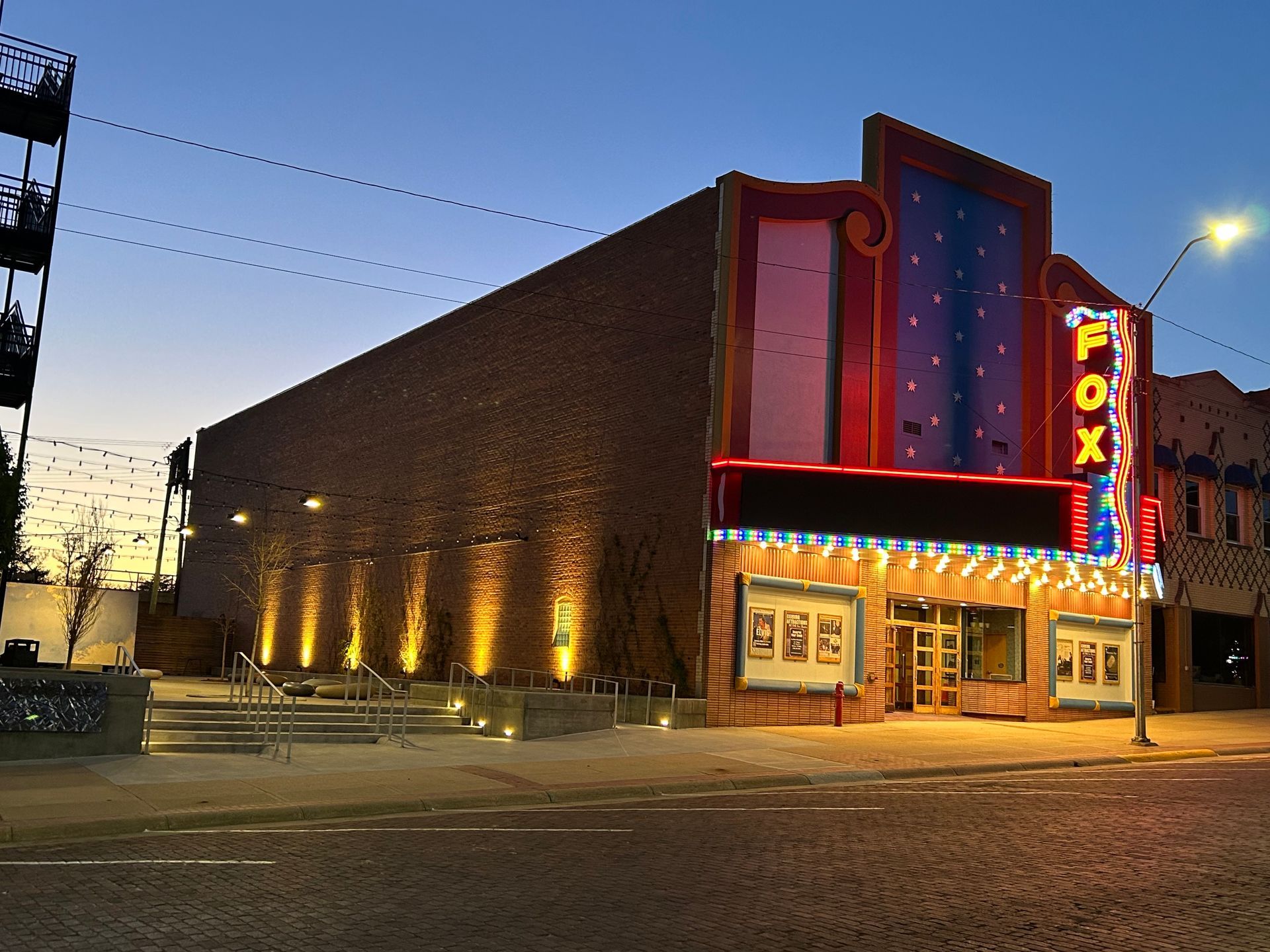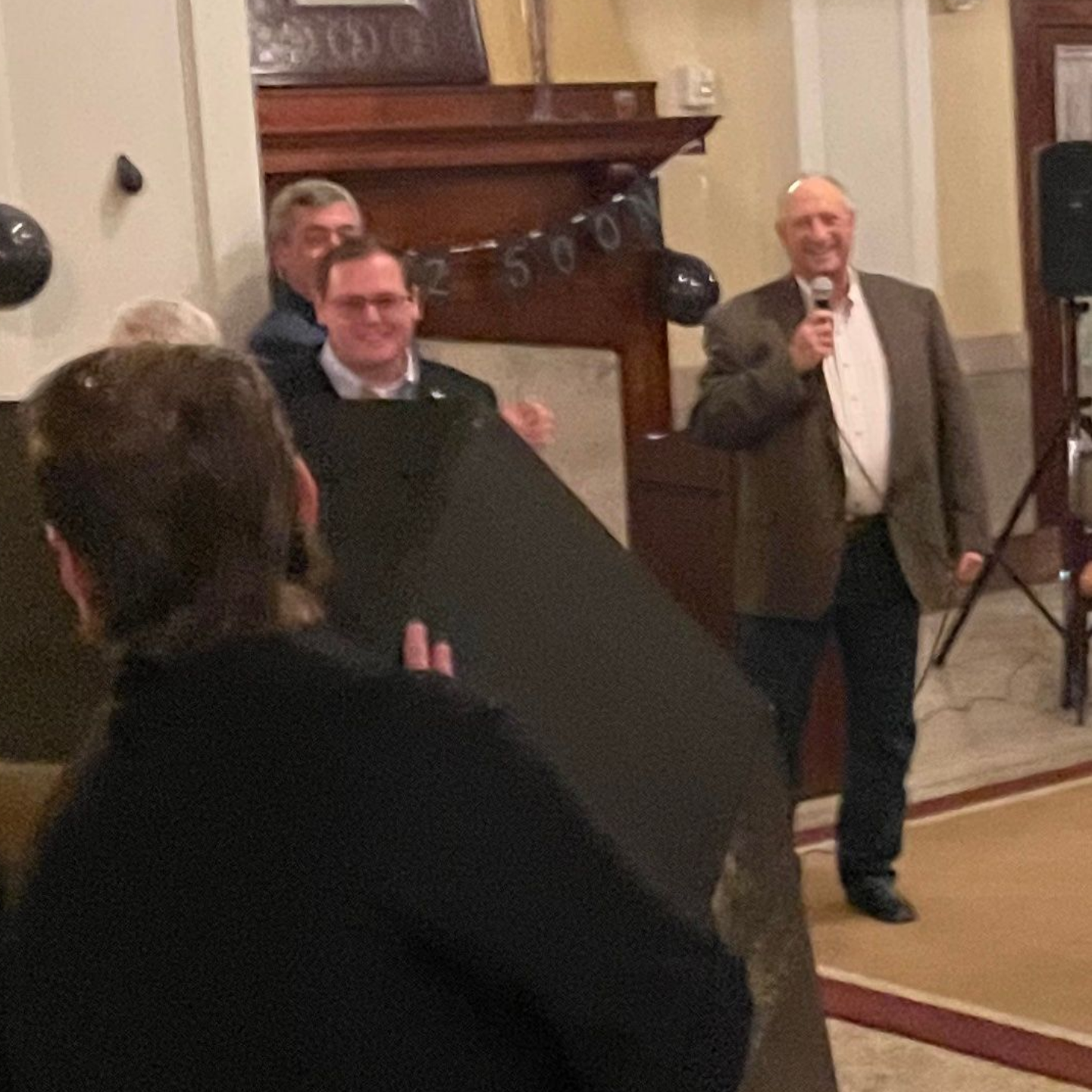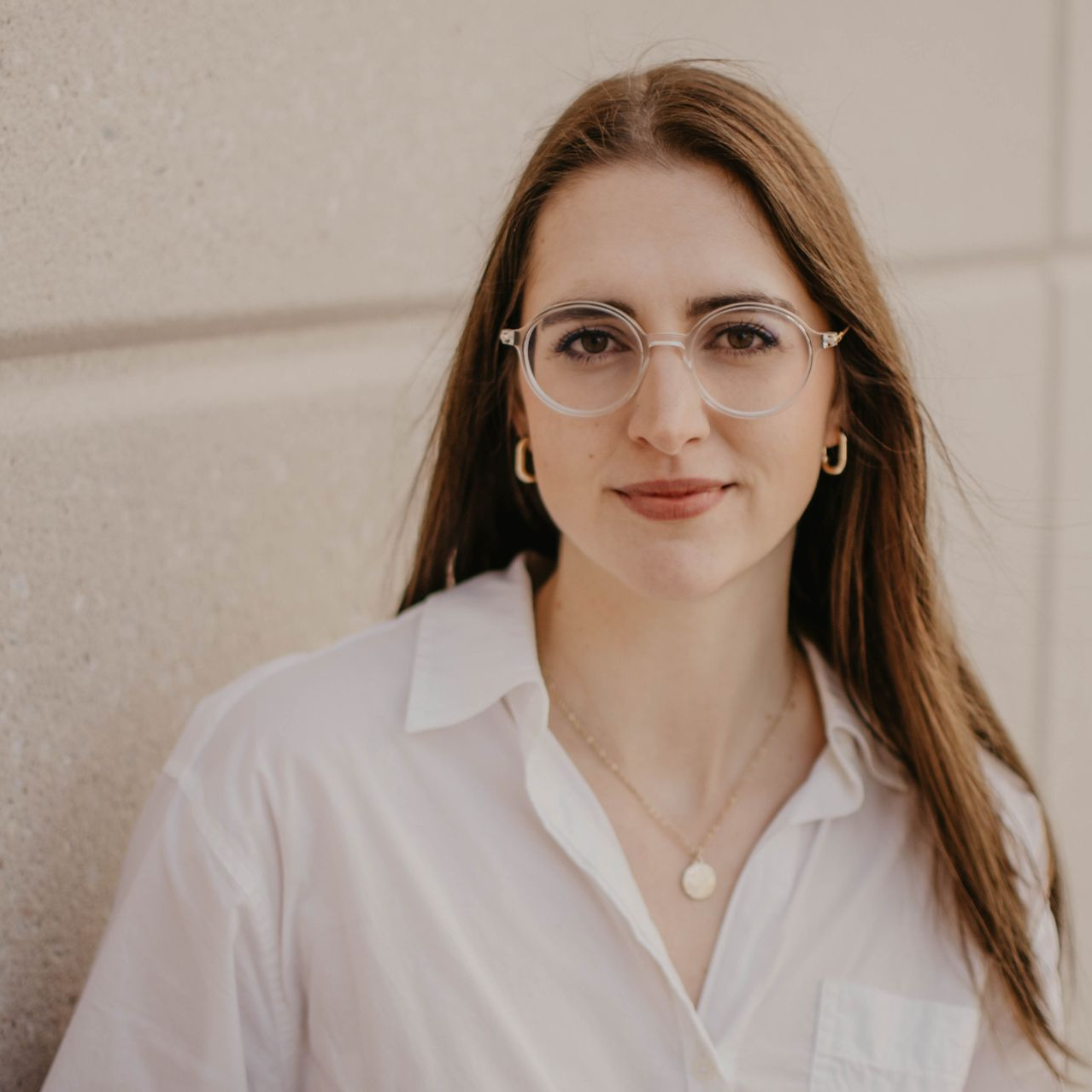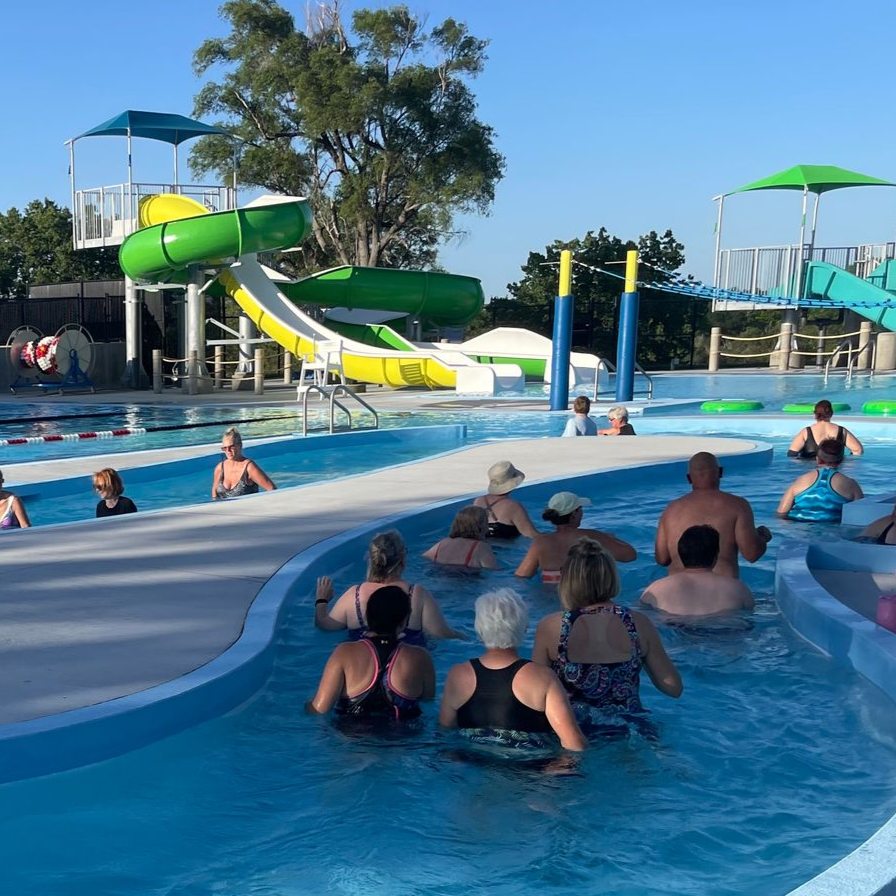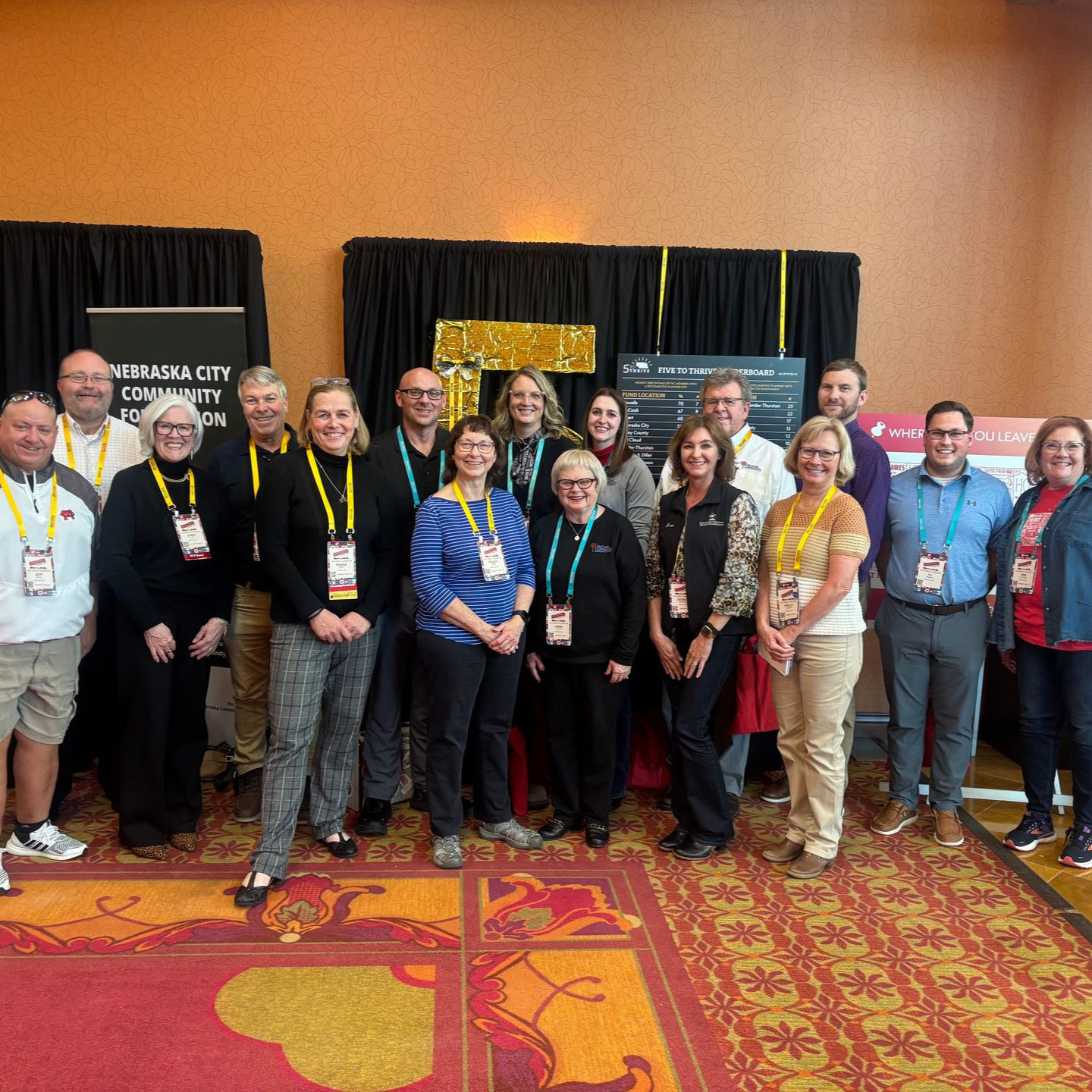Young People Can Bring Discomfort But Also Passion
Over the past four years, I have become increasingly involved within our community thanks to Youth Change Reaction (YCR). Members of the McCook Community Foundation Fund have welcomed me with open arms as a youth trying to become more involved in the community.
But why is the opinion of youth so sought after? Why do communities constantly feel the need to approach youth for input? The extremely nuanced answer to this question is often ignored.
If you would have asked me this question before I was involved in YCR, my response would have been simple: “I don’t know why they ask the youth because our ideas don’t ever align with theirs.”
Now as I write this, I chuckle about my own ignorance. The reason communities need to listen to youth can be found within my own blissfully ignorant response. The values of our youth and our adults rarely – nor should they – completely align. This “misalignment” is exactly why the input of youth can be so important in a community.
We see things differently. We sometimes make others uncomfortable with our ideas. At the same time, we bring passion to the table. By looking at the world through a different lens, youth almost always offer up outlandish suggestions that are so crazy they just might work.
But my four years on YCR has also taught me something else: things are rarely as simple as they seem, projects always take longer than planned and it is usually going to cost more than we bargained for.
Most of our youth, including myself on many occasions, are oblivious to these issues and will subsequently reveal their lofty aspirations for the future of our community with no thought to the difficulty, cost or time.
Now here is where the problems set in. Not only are complex projects scary undertakings, most young people do not know enough to accomplish the project on their own. Plus, they don’t know everything that goes on behind the scenes. Young people usually just don’t have enough experience and haven’t built up their tool chest of skills and knowledge.
Alternatively, most adults hesitate to take on such projects because they know too much about what goes on behind the scenes. Adults have the experience and skills but can bring along too much baggage.
When this happens, projects fall through the cracks. This leaves the youth of the community feeling like their suggestions were not taken seriously, while the adults breathe a sigh of relief because the logistical nightmare has been avoided.
Here is the unfortunate truth: input from community youth is important AND uncomfortable.
As most community members know, the youth are the future of every community. Listening to the youth is one of the best ways to bring them back in the future.
That does not mean that the projects will be easy nor simple. In fact, I can guarantee you that the ideas from the youth in our community will be incredibly creative, imaginative, difficult, and large. The discomfort that will be caused by pursuing these dreams is exactly the reason communities should listen to the ideas of the youth.
The easy answer is to say no to projects because they will take too long or be too expensive or might not catch on right away.
But what happens if we say yes? Yes, we will find a way to raise the money. Yes, it will take time, but it will be worth it. Or yes, we will have to convince others, but they will see the value as well.
As Theodore Roosevelt said, “Nothing worth having was ever achieved without effort.”
The adults in our community need to not only listen to its young people but also act on those ideas. By forcing everyone to get a little uncomfortable with new and maybe difficult ideas, our community can move from an attitude of complacency into an attitude of passion for our community by all its current - and future - community members.
Tucker Gillespie is co-president of YCR, a senior at McCook High School and was articulate before he likely knew how to spell it. We can’t wait to see what he does after college, which hopefully includes returning to McCook.
